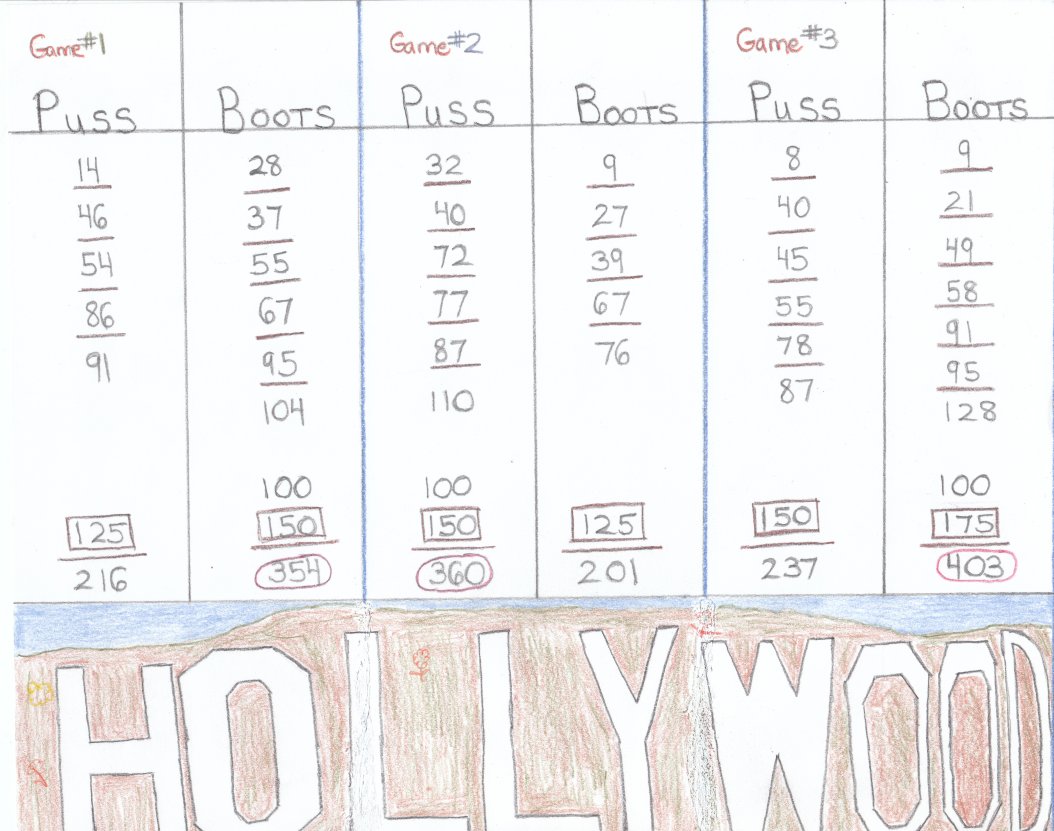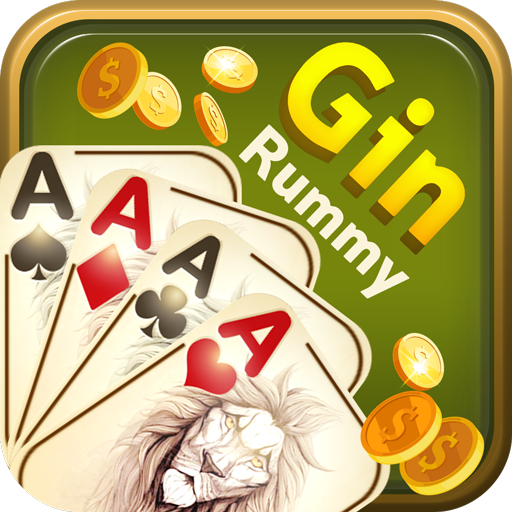


It is not worth taking 4 as the upcard as you must then throw one of a pair and so halve the number of draws that will enable you to knock.Īnother reason for taking the upcard is to reduce your deadwood when you suspect an imminent knocking from your opponent. The latter should be done with caution, as it can do more harm than good. It may also be useful to expand a meld, especially if you thereby eliminate a high unmatched card.

Two rare exceptions to the rule are: (1) when you need that upcard to convert two matching cards into a meld of three, thus eliminating three pieces of deadwood (including the discard), or (2) when it enables you to knock right away. If you pick the rejected upcard you are taking a card of no use to your opponent when by drawing the next card from the closed deck you may as well be preventing him from ginning. The more upcards you draw, the more of your hand becomes apparent to your opponent, and the more of the rest of it can be deduced. It is also better to draw the card from the closed deck rather than to draw an upcard. A typical game ends about 1/2 to 2/3 of the way through the pack, so if you get a knocking hand much earlier than that - go for all you can get. The bonus of 25 points is usually not high enough to compensate you for the times when you should have knocked instead of waiting for gin, and finding yourself knocked against. You should also REMEMBER the cards that have been discarded as well as the changes in your opponent's hand as the play unfolds.Īs far as your own hand is concerned, it is highly inadvisable to go all out for gin. By OBSERVING what your opponent is discarding and which of your discards he/she is drawing, you can DEDUCE the structure of his hand on the assumption that he is either making the best moves or acting in accordance with a personal style of play to which you have become accustomed.

Your skill of observation will help you make that 'best' move. Managing your own hand can be somewhat routine as in any given situation you can most often calculate the best move. Gin Rummy is a game where you have to rely heavily on your skills of observation, deduction and memory. Knowing just the basics in rummy, however, is hardly sufficient to play the game on a competitive level. Gin-Rummy is also a deceptively simple game that may give a false impression that any player can master it easily.Īlthough Gin-Rummy is a simple game to learn and start playing, it's quite a difficult game to master and play consistently well.Īlmost every gin player knows some simple game basics like getting rid of unmatched high cards and not giving an opponent two cards of Gin-Rummy is a fairly fast game and it is very easy to learn it and start playing it fast. of Cincinnati, nearly 27 million played Gin Rummy socially - for money or otherwise. Since 1930s, Gin Rummy has firmly entrenched in popular American culture when it became a game of popular Broadway and Hollywood stars and was featured in several movies.Īccording to a 1996 survey by the U.S. Now, is to refine the scoring system, making gin-rummy much more interesting to play for money. The best thing that Elwood Baker invented to make gin what it is (could it have been an irate card partner?). Baker later achieved much posthumous notoriety as a victim of an unexplained murder case Some credit for the game is given to Elwood Baker (who was also a Bridge tutor). Known throughout the world but it is still especially popular in the United States. Gin-Rummy (aka Rummy or knock rummy) is now well Gin rummy is an excellent social card game that first got into the United States at the beginning of the 1900s. face-to-face gin).Īre you a social gin-rummy player or a budding gin-rummy pro?īoth face-to-face and online gin-rummy tournaments offer cash prizes to those skillful enough to win them! Play Gin-Rummy Online at or in Las Vegas Tournaments


 0 kommentar(er)
0 kommentar(er)
